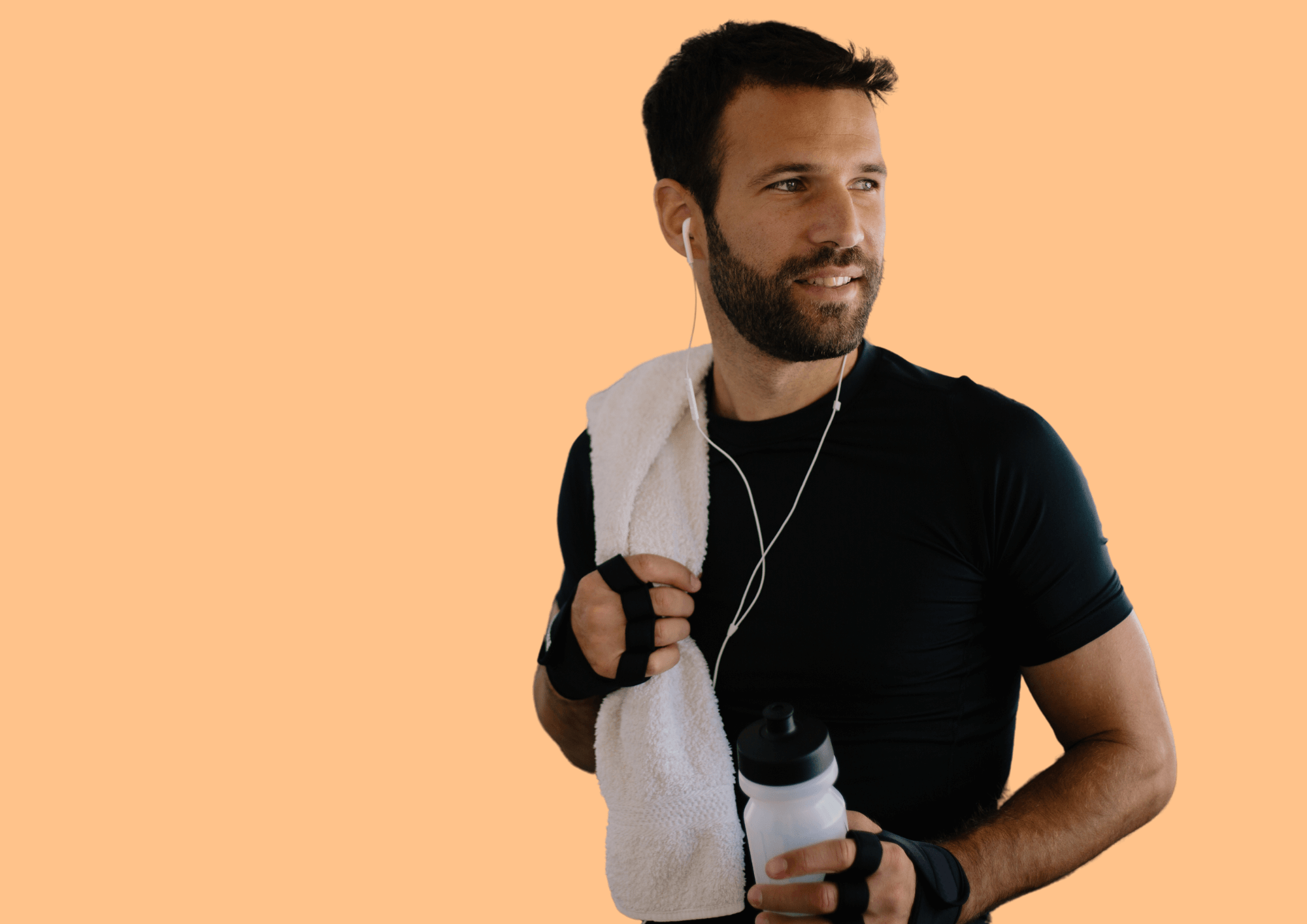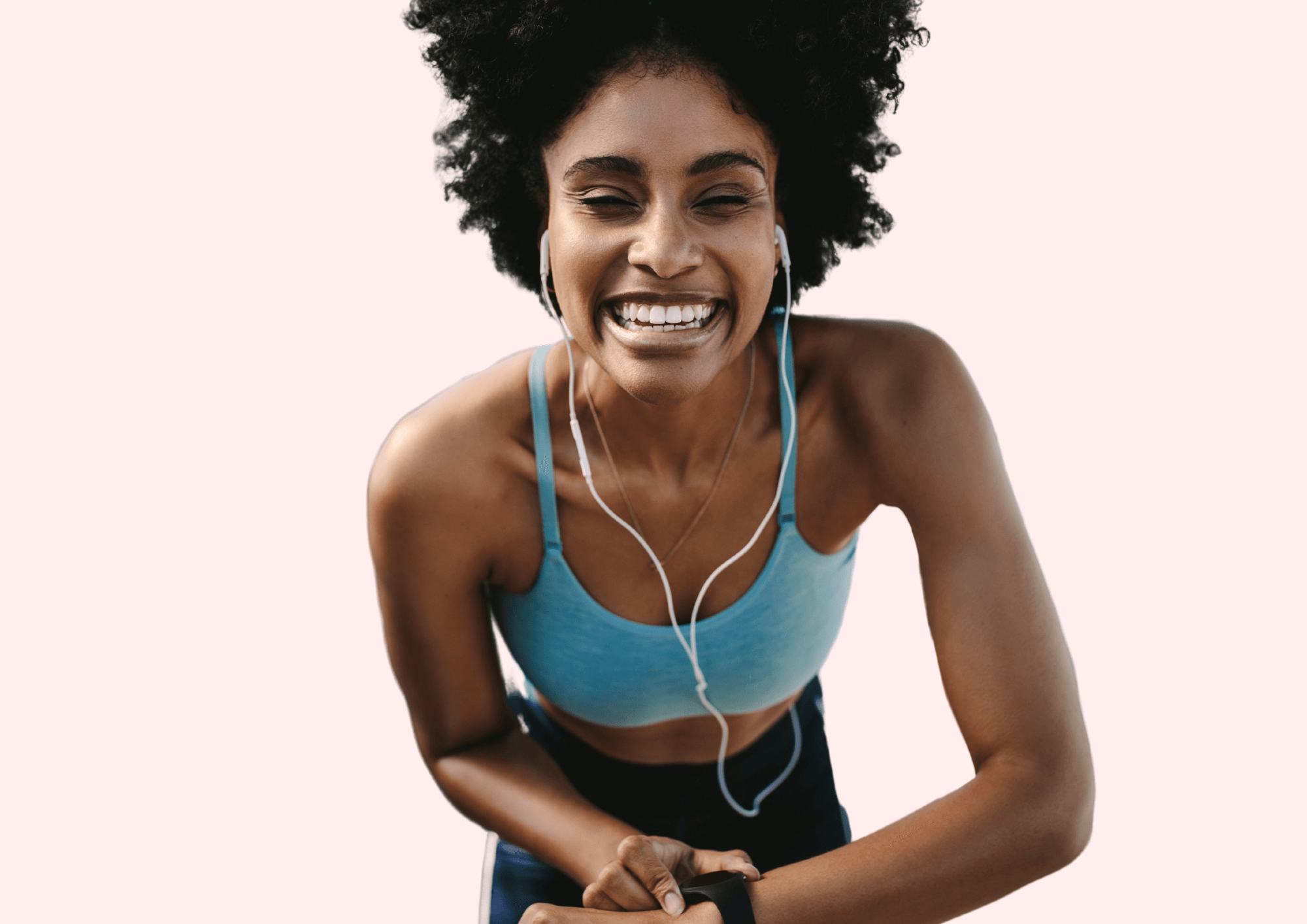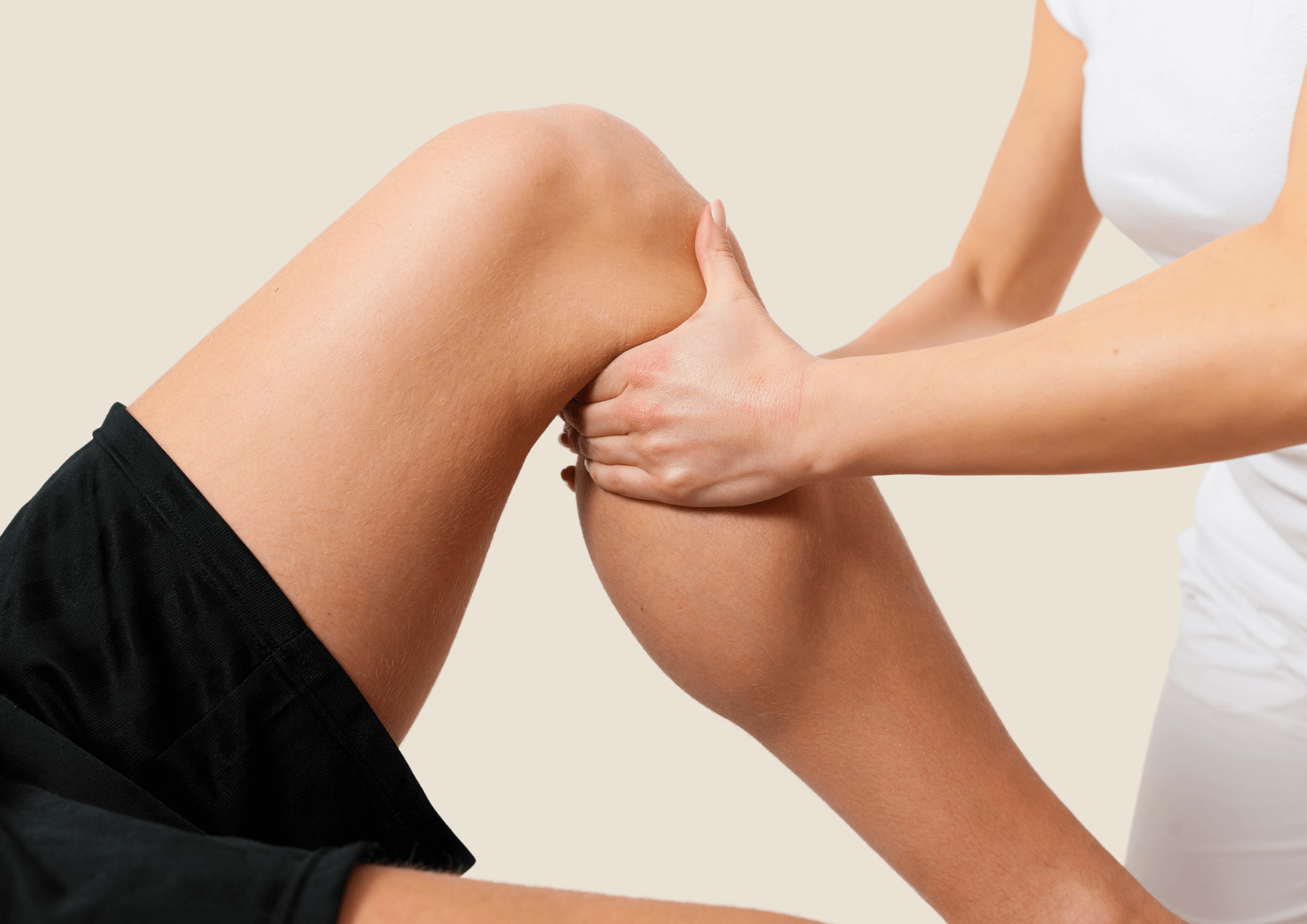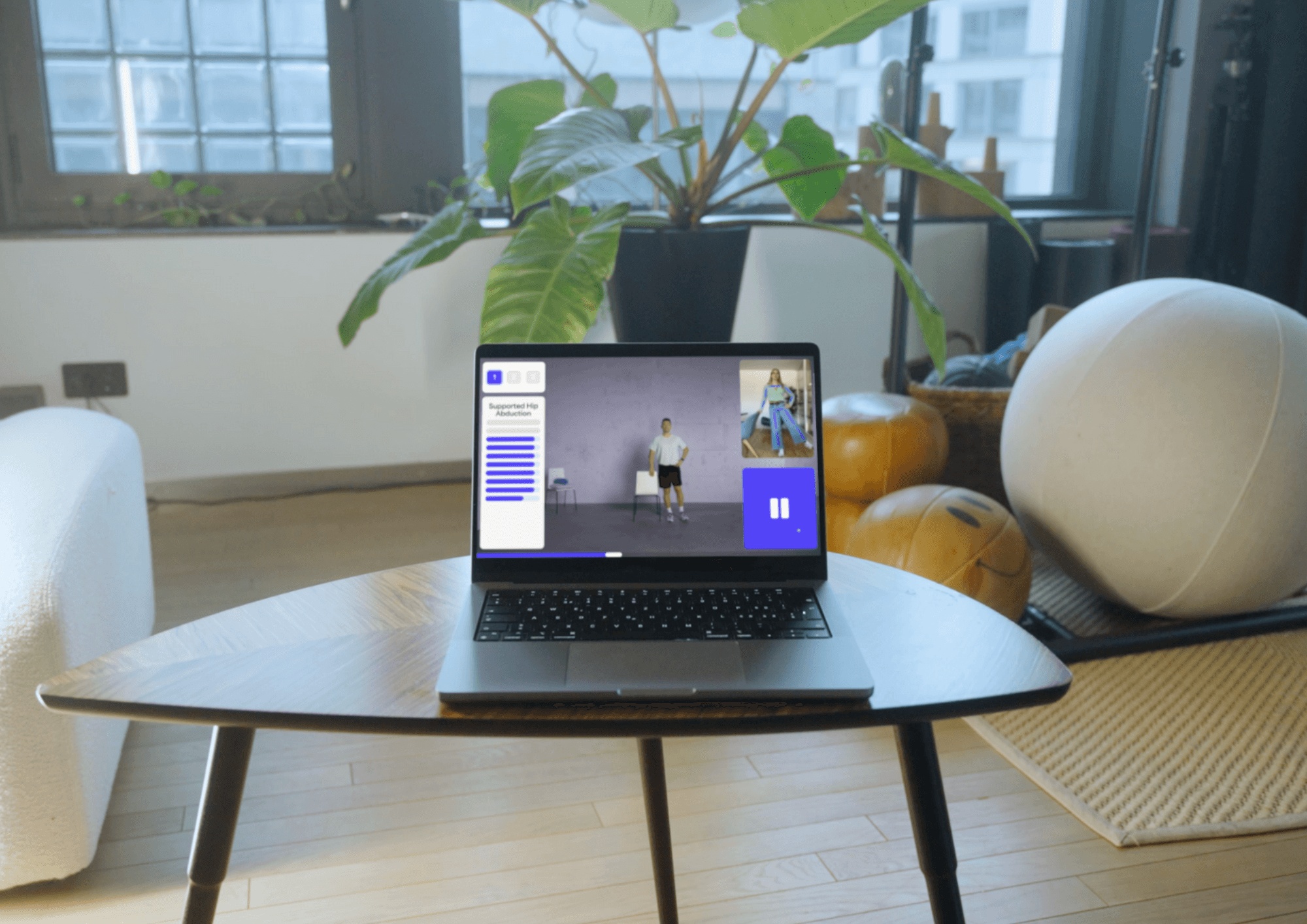Christmas is over, the year is slowly coming to an end and with the turn of the year, we feel inspired to break old habits and set some new goals. Some may dismiss New Year's resolutions as clichéd and outdated, but it's hard to deny that the turn of the year marks a milestone. This milestone provides an ideal basis for good resolutions.
We did a little research into what people are resolving to do in the coming year. According to a survey by Statista, the top 5 most popular New Year's resolutions for 2024 in Germany are as follows:
- Saving more money is one of the most important resolutions for 51% of respondents
- 48% want to do more sport next year
- 46% want to eat more healthily,
- 38% plan to spend more time with their loved ones
- and 37% want to lose weight in 2024.
Other popular resolutions include drinking less alcohol, quitting smoking and having less stress at work. The resolution to spend less time on social media is also represented this year.
Looking at these statistics, it is noticeable that a significant proportion of the resolutions have to do with mental and physical health. We are probably all aware of the importance of regular exercise for our health: the immune system gets strengthened, the risk of illness is reduced, wellbeing and mental health are improved - as an active person, you generally live better and longer.
Your health is important to us at Akina. That's why we want to support you as much as possible in achieving your exercising goals with the following tips and tricks and a guide to effective goal setting.

3 reasons why many fail
First things first: even the best resolution is doomed to failure if don’t set your goals the right way. The following three factors play a major role in a lack of motivation.
- Lack of goal setting
If your goal is not specific enough, it will be extremely difficult not to lose sight of it along the way. Find out below how to set SMART, concise goals! - No routine
You decide what the routines in your life are. It would be unthinkable to skip brushing your teeth, right? The same can also apply to sport. According to a study, newcomers to sport need to train 1-2 times a week for six weeks until sporting activity becomes a habit. - Perfectionism
Last but not least: perfectionism is a killer for motivation! The need to do something "right or not at all" unfortunately leads to "not at all" more often than we would like. So for all perfectionists: you don't have to run 10 kilometers to start jogging.
A step-by-step guide: how to plan smart resolutions
The following step-by-step guide is designed to help you avoid the problems mentioned above and make the perfect plan for your exercising endeavors.
Step number 1: Take an inventory
Before you set your resolutions for next year, it can be worth taking an inventory of your goals, wishes and dreams. These can be all kinds of goals in the area of sport. Think about which fitness or health goal is really important to you.
Do you want to shed a few excess kilos? Or get to the next level in a particular sport? Or do you simply want to integrate more exercise into your everyday life? The motivation, ambition or anticipation that the goal evokes in you are decisive for success in this first step.
Step number two: Define a SMART goal
Once you have roughly outlined what is important to you in the first step, the second step is to take a closer look at your goals. Is your goal a larger project that lies a little further in the future? Or something that you can achieve in a few small steps?
It's worth using the SMART rule to set yourself a well-formulated, specific goal. SMART stands for the following characteristics:
- Specific (the goal must be precisely formulated)
- Measurable (the achievement or non-achievement of the goal must be measurable)
- Appealing (the goal should be attractive, it should motivate you)
- Realistic (it should be feasible)
- Time-bound (a deadline must be set for achieving the goal)
So, an example of bad goal-setting would be: "I want to run a marathon."
An example of a SMART goal is: "I want to run the [LOCATION] marathon on [DATE] and finish in under [TIME] hours. To achieve this, I will train at least [FREQUENCY] per week from [MONTH] to [MONTH]."
Of course, the marathon is an extreme example - the SMART rule can be applied to any resolution. However, remember that your resolutions should be realistic goals that you can actually achieve. Goals that are set too high can have a demotivating effect.
Step number three: Set interim goals and reward yourself!
Interim goals are small milestones on the way to your goal. They serve as motivation on the one hand and as self-monitoring on the other. Are you still on the right track? Do you need to adjust your goal? You should also use the achievement of an interim goal as an opportunity to reward yourself! Perhaps with nice new sportswear, a delicious meal or an activity that you particularly enjoy?
With this plan, you are perfectly equipped to achieve your goals. If you need extra motivation to exercise more, read on!

10 tips for more motivation in sports
- Find motivation through others
Team up with friends, family members and work colleagues to work towards your fitness goals together.
The advantage is not only that exercising with other people is more fun, but also that you can motivate and push each other. - Finding the right sport
Do you like going to the gym, do you prefer yoga or is football your favorite? We are convinced that sport has to be fun - and there is a suitable sport for everyone that is enjoyable.
Also important: make sure you know which sport is suitable for your body. For example, you shouldn't necessarily play tennis if you regularly have shoulder problems. - Define the "why"
Why have you resolved to be more physically active this year? Are you doing it to become generally healthier, to have less back pain, to reduce stress, to reach your ideal weight? It's best to be more specific about your why.
Example: I want to exercise to become more efficient in everyday life so that I can do more activities with my children. - Motivating music
The right soundtrack makes all the difference. It gives you energy, makes training more enjoyable and has been proven to boost your performance! The right music can work wonders, especially during running training or weight training.

- Eliminate obstacles
There are one or two stumbling blocks that can get in the way of your motivation to exercise. With the right planning, however, you can quickly clear them out of the way!
Bad weather conditions? Think about a bad weather plan in advance, if you usually train outside. That way, you have no excuse in the event of rain or snow.
No time? We understand, sometimes life gets in the way. But we would also like to remind you that sport and exercise are worthwhile even in small time slots of 10 to 20 minutes! It's the little things in life that count.
No sportswear? The old jogging bottoms with holes may not be the outfit that motivates you to perform at your best. It's worth investing in a few suitable basics that are comfortable and make you feel good while exercising. - Document your progress
Unfortunately, we are often a little pessimistic and tend to remember our setbacks rather than our progress. That's why it's all the more important to document our progress and note our sporting successes.
By the way: If you do therapeutic training with Akina, our software automates the training documentation for you. One less thing for you to worry about! - Proper nutrition
Food plays an important role in achieving your fitness goals. Do you want to build muscle? Or lose a few kilos? The right diet is essential for both goals.
What's more, regardless of why you're exercising, you need enough energy to keep going. A nutritious, balanced diet is therefore essential! - Sufficient recovery
Routine training is important, yes, but so is sufficient rest. Give yourself a break from the new challenge and give your body time to regenerate. A common rule of thumb is to take breaks of 48 to 72 hours between two workouts. - Prevent sore muscles
We've all been there: you're eager to start training and go full force, only to be slowed down by extreme muscle soreness for several days afterwards. Contrary to popular belief, sore muscles are not a sign of particularly effective training - rather, they are a symptom of abrupt physical overexertion. In many cases, muscle soreness can be kept to a minimum by slowly increasing the intensity of your training. - Avoid injuries
Even more troublesome than sore muscles: (sports) injuries. The result? Your routine is halted and your motivation disappears, as you may have to take a break for several months.
Injuries to the musculoskeletal system often require extensive physiotherapy. Our therapeutic training software for at home supports you on the road to recovery so that you can return to your active everyday life as quickly as possible!

With good planning and these 10 tips, nothing will stand between you and your good intentions this year. Are you ready for an active 2024?
About Akina
Akina is a Swiss start-up in the field of software development. Our goal is to make your therapeutic training at home more efficient and enjoyable. Our AI-powered software recognizes your movements through your webcam and gives you feedback in real time. You can also connect with physiotherapists to receive additional support in rehabilitation after a sports injury, accident or illness. Thanks to Akina, you can make physiotherapy at home much faster and more effective and work more purposefully with your therapist in personal physiotherapy sessions. So nothing stands in the way of your recovery and you can soon get back to your sporting activities!
Find out everything you need to know about Akina here or sign up for the newsletter below to be notified when our product launches. We look forward to seeing you!




